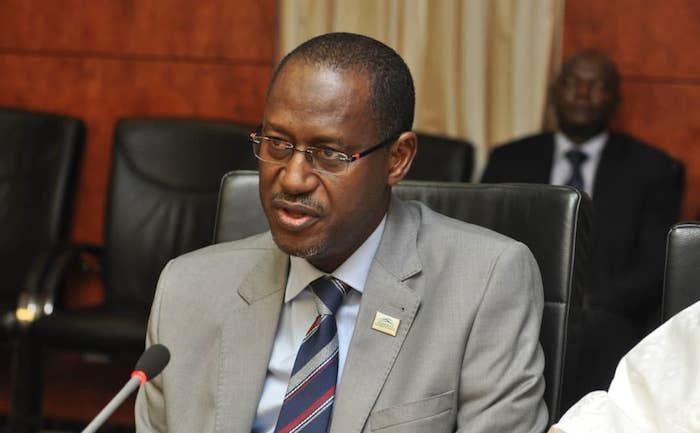The surging prices of building materials nationwide are exacerbating challenges in the housing sector, despite efforts by the federal government to enhance access to affordable housing.
This situation, as highlighted by Bidon Mibzar, is placing significant strain on low and middle-income earners and thwarting the aspirations of many prospective homeowners.
In recent times, the escalating cost of essential construction ingredients has dealt a severe blow to the dreams of thousands of individuals looking to own homes. Many in this category still rely on the traditional approach of purchasing land and gradually building houses with their earnings over several years.

This unfortunate development has shifted the focus of government and private developers away from the critical task of providing affordable mass housing to exploring alternative solutions.
Amidst the current economic challenges facing Nigeria, the steep rise in the prices of essential building materials, particularly cement, has made these commodities unaffordable for many. This situation has deepened the country’s housing deficit, currently estimated at about 28 million units.
According to a report from the Federal Ministry of Housing, addressing this deficit would require an estimated N23 trillion. However, the 2024 budget allocated only N1.32 trillion to key ministries responsible for infrastructure development, including Housing, Power, Transport, Water Resources, and Aviation, indicating a significant shortfall.
Narrowing the focus to the housing sector, which received about N400 billion from the 2024 budget, reveals a grim reality. The escalating prices of building materials present a formidable obstacle to homeownership for many Nigerians.
In response to these challenges, individuals like Usman Mohammed, a resident of Karu, FCT, who is building a three-bedroom flat in Kurudu, have had to halt construction due to the high cost of materials. Usman expressed his frustration, noting that even with government interventions like the recent slight reduction in cement prices, completing his project within his budget seems increasingly unattainable.
READ ALSO: Nigeria Mortgage Refinance Company Tackles Mortgage Equity Barrier
Cement manufacturers have attributed the price hikes to issues related to foreign exchange and inadequate production to meet demand. The Cement Producers’ Association of Nigeria (CEPAN) chairman, Prince David Iweta, highlighted the imbalance between demand and supply, emphasizing the inability of current industry players to meet the country’s cement needs.
Additionally, the body of Architects, led by its president, Arc Mobolaji Adeniyi, has raised concerns about potential malpractices by contractors and developers due to the rising cost of materials, which could lead to more incidents of building collapse if oversight is not strengthened.
Minister of Housing and Urban Development, Arc Ahmed Dangiwa, has expressed dissatisfaction with the cement manufacturers’ role in the price increases. He emphasized the need to curb the rising cost of essential building materials like cement.
READ ALSO: FHA Urges State Governors to Collaborate for Affordable Housing
In addressing these challenges, the ministry is implementing various initiatives, including land reforms, enhancing the capacity of federal government agencies like the Federal Mortgage Bank of Nigeria (FMBN) and the Federal Housing Authority (FHA), increasing housing supply through a multi-agency delivery mechanism, and launching new city developments via Renewed Hope Cities and Estates. These efforts aim to enhance affordability in housing delivery and facilitate access to decent shelter for low-income, no-income, and vulnerable groups.
Despite these initiatives, challenges persist, underscoring the need for sustained efforts and innovative solutions to bridge the housing deficit and ensure affordable housing for all Nigerians.



